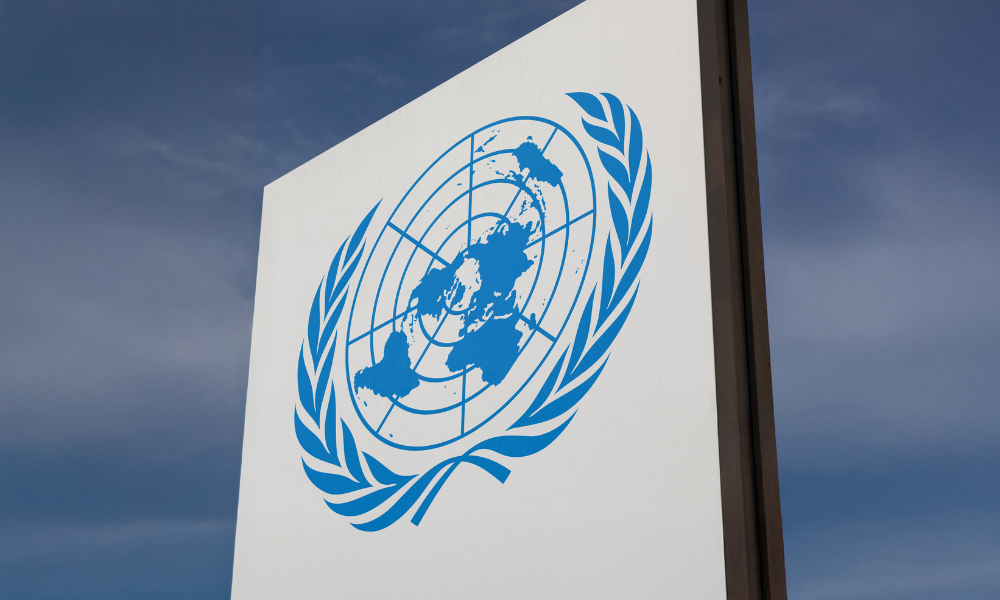Regulator cites ‘wilful negligence’, failure to comply with previous warnings

Alberta oilfield services company Terroco Industries has been fined nearly $450,000 for the unsafe storage and illegal disposal of industrial sewage, according to a report.
The Red Deer-based company was penalized by the Alberta Energy Regulator (AER) following a series of infractions at its Stettler, Alta., disposal site dating back to the summer of 2023, reported CBC.
The AER investigation found that Terroco Industries unlawfully accepted and stored 14,196 cubic metres of industrial sewage over a 40-day period. The waste—which originated from an agricultural-based industrial facility—was not approved under the company’s licence and its disposal by deep well injection is strictly prohibited under Alberta law, according to CBC.
The regulator identified five key contraventions, including accepting unapproved waste, operating an above-ground storage tank without secondary containment, leak detection, or spill control, and using a tank foundation that was improperly designed and at risk of collapse. Testing also confirmed the presence of polyfluoroalkyl substances (PFAS), or “forever chemicals,” in the wastewater, which are known to pose long-term environmental and health risks.
The AER stated that accepting unapproved waste undermines regulatory oversight and increases the risk of adverse effects to both the environment and human health.
Of the $448,980 total penalty, $298,980 was attributed to illegally generating revenue from the storage of unauthorized waste. The fine was increased due to what the regulator described as “wilful negligence” and a failure to comply with previous warnings, noted CBC.
Terroco Industries’ CEO, Terrance O’Connor, admitted to the contraventions but blamed staff or third parties. O’Connor also challenged the AER’s jurisdiction, citing his Indigenous status, and alleged a conflict of interest involving an AER inspector. The regulator rejected these claims and affirmed that Terroco, as the licensee, is ultimately responsible for understanding and managing the waste it receives, according to the report.




